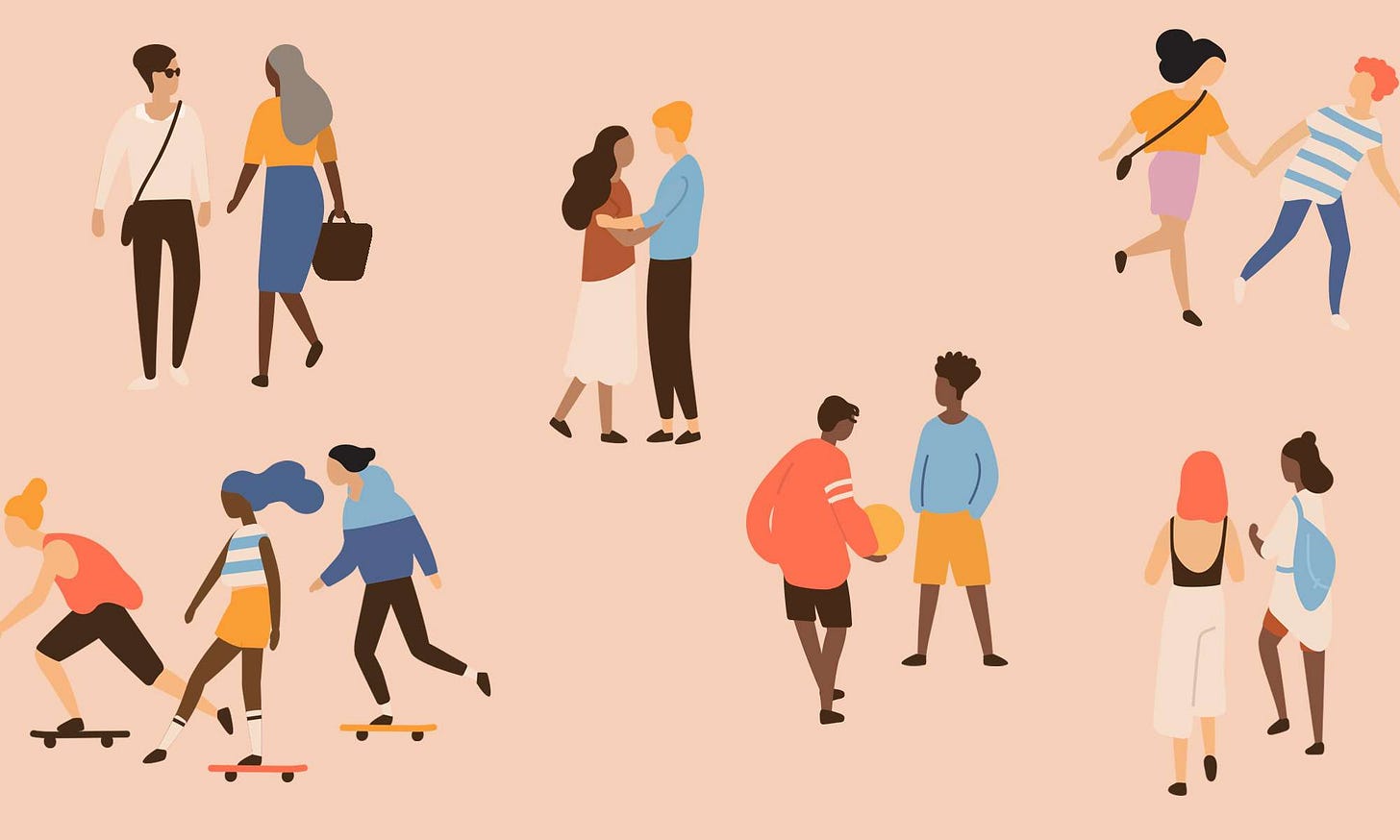“Improve Your Relationships”
Part 3: Experiential Growth
What is experiential growth?
Experiential growth happens in that space, as Viktor Frankl described when we reduce the time between our response and reconciliation moments. Or the ‘make-up’ moment that ends the argument, and the ‘moving on’ part begins with reconciliation efforts.
Here’s a typical ‘Old Pattern Behavior’ many use with the other party. It’s the ‘silent treatment.’ Maybe you know this one. The ‘issue’ comes up, an impasse is hit, and one partner enters ‘silent mode.’
Not responding, not answering, not interacting—this is not loving behavior and can be arduous in any relationship.
The ‘power of a new response’ can dismantle both the issue and old behaviors. However, be forewarned. Deconstructing old pattern behaviors often reveals much about our discontent. What do I mean?
You may find the relationship's problem or ‘issue’ is actually about you.
Behind the veil of offending behavior, our issues, baggage, and mental conflict are often on display.
Making excuses, blaming others, going ‘silent mode,’ or some other form of relationship punishment toward our partner is a place we choose to go. Let me say that again. It’s our choice to behave this way. And although it may be “part of my nature” or “the way I’ve always been,” it harms everyone involved. So, why continue? Why go there? This path only leads to unhappy bitterness.
Join me next for Part 4, when I share the process of ‘Building New Responses.’


